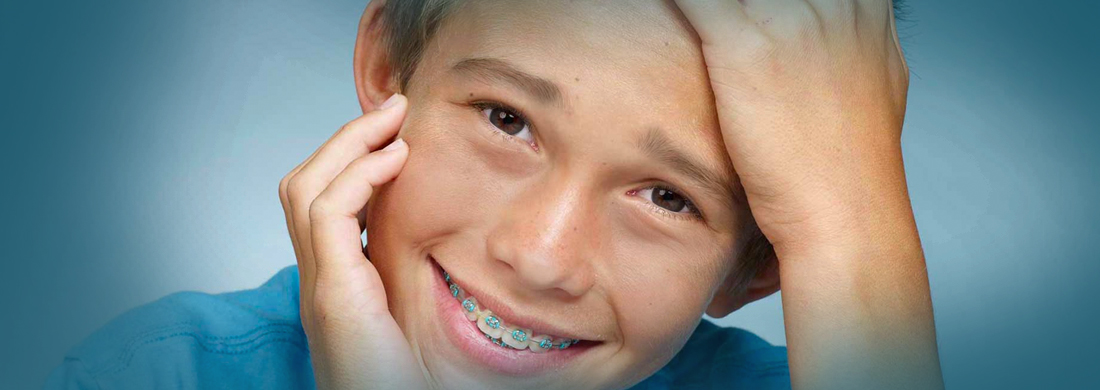/ drdtduyguaytac
Orthodontic Treatments

Orthodontic Treatments
Why do
orthodontic problems occur and how are they treated?
Jaw-related disorders (such as misaligning) are usually genetic. In that case, the dentist decides on the treatment method by considering the patient's age. Jaw disorders may also occur due to dysfunctions or bad habits. Severe skeletal disorders that affect the entire face development can be avoided with simple treatments.
Is orthodontic treatment painful?
You won’t feel any pain during the procedure but your teeth and gums will probably be a little sore afterward. Any wounds will heal within a week and usually won't recur. Fastening the braces when first put on and after interim sessions, and eating hard food may cause your teeth to ache but this will go away within 3-4 days.
Does braces cause decay?
Braces do not cause decay. On the contrary, the areas where the brackets are bonded are protected from decay.
Can I brush my teeth when I have braces?
When you have braces, you can bush as usual. When brushing, there is no risks of them breaking or falling off.
How should I take care of my braces?
You shouldn't bite hard food like apples and pears, which may cause the braces to break, try cutting them into small pieces instead. When eating olives and prunes, separate the kernel before you put them into your mouth. Don't drink acidy drinks and stay away from sticky things like gum or jelly.
How long does orthodontic treatment take?
If the planning is well done and the patient complies, the treatment should not exceed 2.5 years even in most severe cases. The average treatment duration is 1.5 years. There are also treatments that end within a year.
Is there a risk of relapse after orthodontic corrections?
Our teeth move throughout our lives. After orthodontic treatment, it takes a long time for the teeth to get used to their new positions and find good bone support around them. Therefore, after the braces are removed, teeth should be reinforced to remove the risk of relapse.
Jaw-related disorders (such as misaligning) are usually genetic. In that case, the dentist decides on the treatment method by considering the patient's age. Jaw disorders may also occur due to dysfunctions or bad habits. Severe skeletal disorders that affect the entire face development can be avoided with simple treatments.
Is orthodontic treatment painful?
You won’t feel any pain during the procedure but your teeth and gums will probably be a little sore afterward. Any wounds will heal within a week and usually won't recur. Fastening the braces when first put on and after interim sessions, and eating hard food may cause your teeth to ache but this will go away within 3-4 days.
Does braces cause decay?
Braces do not cause decay. On the contrary, the areas where the brackets are bonded are protected from decay.
Can I brush my teeth when I have braces?
When you have braces, you can bush as usual. When brushing, there is no risks of them breaking or falling off.
How should I take care of my braces?
You shouldn't bite hard food like apples and pears, which may cause the braces to break, try cutting them into small pieces instead. When eating olives and prunes, separate the kernel before you put them into your mouth. Don't drink acidy drinks and stay away from sticky things like gum or jelly.
How long does orthodontic treatment take?
If the planning is well done and the patient complies, the treatment should not exceed 2.5 years even in most severe cases. The average treatment duration is 1.5 years. There are also treatments that end within a year.
Is there a risk of relapse after orthodontic corrections?
Our teeth move throughout our lives. After orthodontic treatment, it takes a long time for the teeth to get used to their new positions and find good bone support around them. Therefore, after the braces are removed, teeth should be reinforced to remove the risk of relapse.